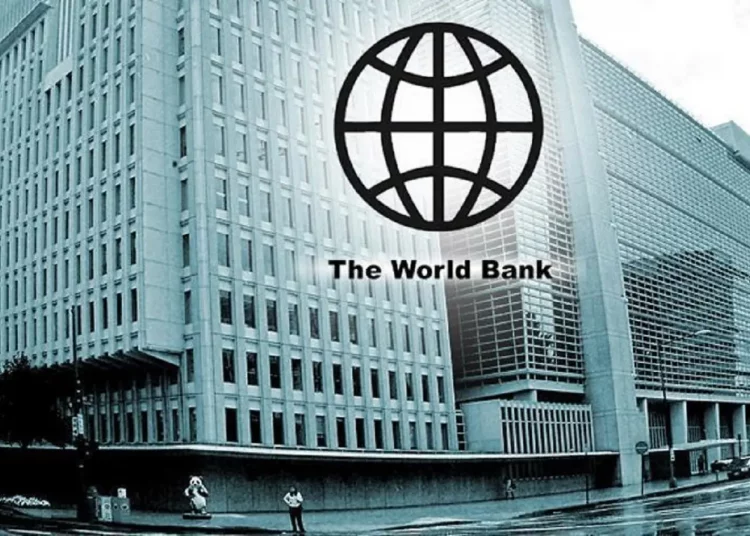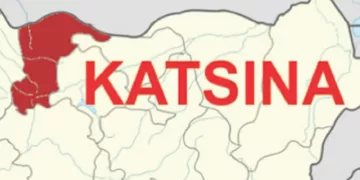Regardless of what the current managers of the Nigerian economy will have the nation and its citizens believe, these are not the best of times as the debt profile continues to soar in the face of a dwindling revenue. Were Nigeria to be a company, the next available option will be to file for bankruptcy. Nigerians were understandably alarmed to note that for the first quarter of 2022 the cost of debt servicing surpassed revenue by N310 billion suggesting, clearly, that Africa’s most populous nation may well be going through a debt crisis.
We recall with a feeling of lull that while the nation’s aggregate expenditure for 2022 was estimated at N17.32 trillion, by April ending when a revenue of N5.77 trillion was expected, what the nation got as the government’s retained revenue was reportedly N1.63 trillion. Within this period, the government’s actual spending stood at N4.72 trillion; N1.94 trillion on debt servicing, and N1.26 trillion on personnel costs, leaving only N773.63 billion for capital expenditure.
According to the report by the Debt Management Office (DMO), by the end of the second quarter of 2022, the country’s total public debt stock stood at N41.60 trillion. Only recently, the International Development Association, an international financial institution, which is also a member of the World Bank Group that offers concessional loans and grants to the world’s poorest developing countries ranked Nigeria fourth in the list of most indebted countries.
IDA’s financial statements revealed that with a $13 billion debt as of June 30, 2022, Nigeria is the fourth most indebted country. Of course, the latest ranking showed the nation moved a step from the previous fifth position it occupied in 2021. It must be noted that the IDA debt is different from the $486 million owed the International Bank for Reconstruction and Development (IBRD).
It is of significance, in our opinion that in the IDA’s top 10 list, which Nigeria occupies the fourth place, are India, Bangladesh, Pakistan, Vietnam, Ethiopia, Kenya, Tanzania, Ghana and Uganda. Without any fear of contradiction, the nation is in a dire strait and no amount of assurance from the government, specifically the Debt Management Office, can obliterate this fact.
With rising inflation and cost of living, which has pushed many into the poverty net, a declining revenue and spike in debt servicing, the latest report from the IDA is, to put it mildly, very disturbing and suggests clearly that urgent steps need to be taken to halt the nation’s continued descent into the debt trap.
Is the current spending trend sustainable? Should the government not drastically cut down its expenditure, including salaries of political office holders? In the opinion of this newspaper, the time is long ripe for the nation to take a critical look at its sources of debt and, ultimately, reassess how borrowed funds are being spent. This presupposes that without recourse to political consideration, a concrete decision on the petrol subsidy, which has remained one of the major guzzlers of the country’s revenue, needs to be taken and very fast too. Indeed, the petrol subsidy is not sustainable.
Without meaning to sound alarmist, we make bold to say that the situation looks bleak. The Lagos Chamber of Commerce and Industries (LCCI) captured the scenario succinctly when its chairman, Michael Olawale-Cole noted that “There are already concerns that most, if not all, of the assumptions in the Medium-Term Expenditure Framework (MTEF) 2023-2025 will be missed as we continue to experience unprecedented levels of disruptions to supply chains and agricultural production”.
It must be stated with certain finality that hard times like these demand that the government initiate reforms that will reflate the obviously contracted economy by providing critical infrastructure that create jobs, address the deplorable security situation and genuinely work on ease of doing business to boost investors’ confidence. Additionally, too, government must consolidate on the moves to diversify the economy.
We are not oblivious of the fact that huge expenditure is being incurred in confronting the raging security challenge threatening the nation. It is unfortunate, though unavoidable, that enormous resources, which should have been channeled to strengthening the much-needed infrastructure, are being spent on security.
However, and more than ever before, the government must demonstrate the willingness to spend more on productive infrastructure and resist the urge to waste borrowed money on subsidising consumption. We make clear that there is no harm in borrowing. Much depends on what the borrowed money is used for. There must be a positive change of direction if the government is serious about saving the nation from an avoidable economic crisis. Time is of the essence.











